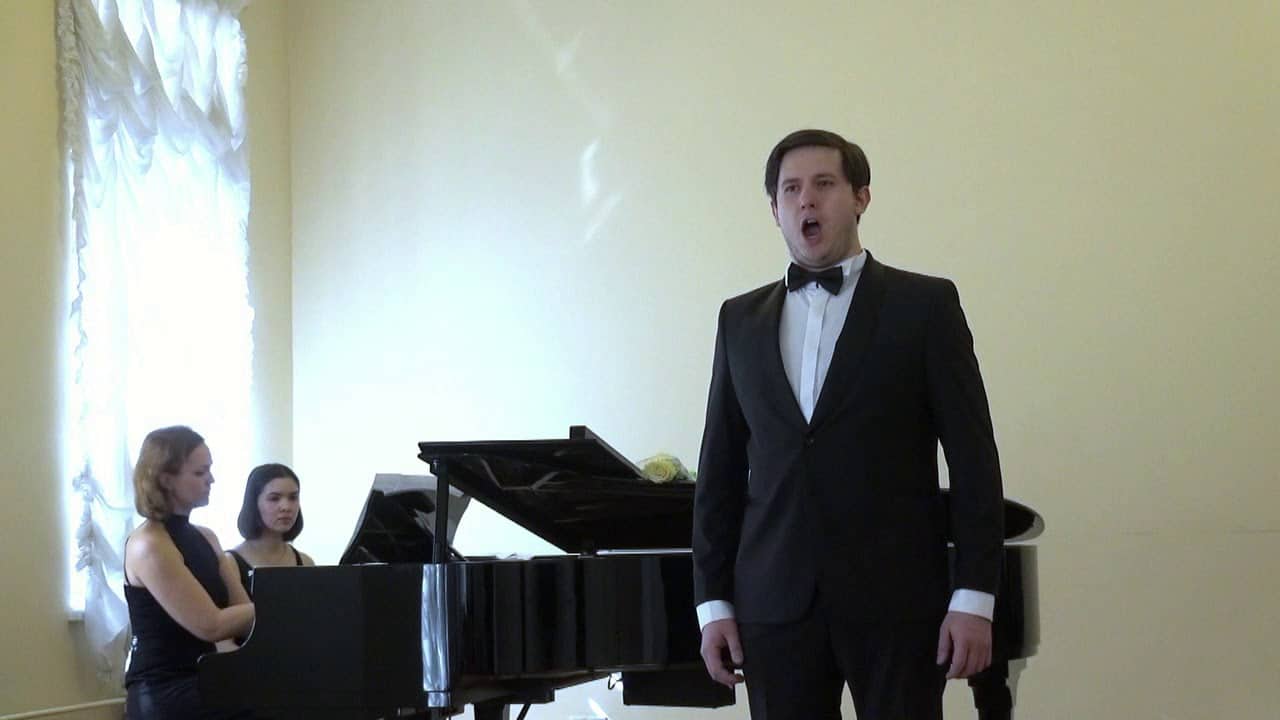Last composer standing – the results
mainOf 3,200 people who read or engaged with the debate here, on twitter and on facebook, as well as an uncounted readership on radio and newspaper sites, just over 100 eligible ballots were received. Some ticked one composer for posterity, others voted for the full ten options.
The results of the poll are not in any way scientific or universal. There is a bias towards US and UK composers – understandable since the debate is conducted in English – as well as a slight tendency towards certain composers who have current or recent performances.
Nevertheless, there are conclusions to be drawn and I shall attempt to lay them out for discussion below. First, though, the results of the popular vote.
Last Composer Standing
1 John Adams
2 Arvo Pärt
3 Steve Reich
4 Philip Glass
5 Pierre Boulez
5= George Crumb
5= Henri Dutilleux
8 Osvaldo Golijov
9 Thomas Ades
10 Henry Mikolai Gorecki
Since the next three are bunched pretty close behind, I shall add them to the bench as first-change substitutes:
11 Einojuhani Rautavaara
11= Stephen Sondheim
13 Harrison Birtwistle
This poll started with a claim of mine that Gavin Bryars would last the test of time. A three-way discussion ensued with experienced colleagues – Tim Page in California and Andrew Patner in Chicago – yielding a short list of five whom we thought we certs for the future. So what have we discovered?
– Minimalism is here to stay. It will still be heard in 2059.
– Few who voted for Glass also chose Reich, and vice-versa. There is a minimalist schism.
– John Adams has as many strong detractors as he has passionate fans. He provokes contention, always a good sign in a composer.
– Meredith Monk and Kaija Saariaho were the highest ranked women composers.
– While Dutilleux has benefitted from prolonged exposure in Boston, similar promotion in LA and London has not worked for Magnus Lindberg. Will New York do the trick?
– Is the music of Boulez appreciated more widely as a result of his popularity as a conductor?
This debate is all about the qualities we perceive in living composers and whether they will pass the test of time. Some correspondents regard the criterion of durability as irrelevant to art, and they may well have a point. But how we in 2009 judge the value of living composers is not an insignificant factor and I shall make a mental note to take another straw poll a year from now to see if our opinions have changed.
In the meantime, discuss, dispute, gnash teeth and celebrate in the comment space below. Thank you all for taking part, and thank you also to many bloggers and tweeters who helped to spread the word.
Congratulations to John Adams, the Last Composer Standing.





I am wondering if it would be a good idea also to make a poll for the listeners.
something like: Who are the living composers that somehow ‘expanded’ your habits of listening? That ‘surprised’ you as a listener?
I am saying that because this would shift the focous away from popularity in itself.
best,
@laputean
“Is the music of Boulez appreciated more widely as a result of his popularity as a conductor?”
Not at this end. The small “canon” he chooses to conduct is rather safe and predictable, which is disappointing coming from someone who was so devoted to The New in his younger days.
Gorecki. Yes.
We can’t avoid John Williams.
It is no surprise, of course, that no antipodean composer reached the lists. That notwithstanding, I think it highly likely that Peter Sculthorpe will be widely played in fifty years time. In the other timescale (1959) he was only thirty, and although he had a growing reputation would also not have made any lists. His standing now certainly spans more than the southern hemisphere.
active
I would have thought that as a lot of Sondheim is still being regularly performed and staged and that his first solo show (Forum) was written 47 years ago that from a purely pragmatic point of view he should top the list!